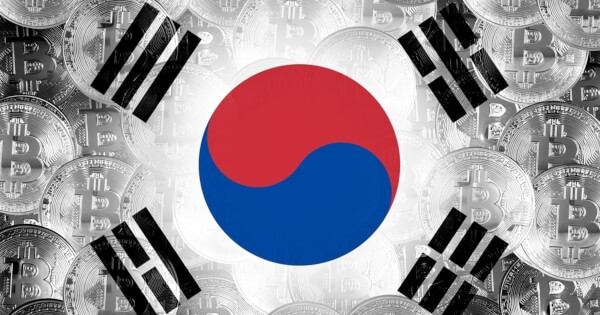In light of the significant regulatory strides taken by South Korea in the cryptocurrency domain, the disclosure of ‘Compensation Reserve Funds’ by domestic crypto exchanges emerges as a resonating move toward bolstering financial safeguards in the burgeoning digital asset market. Leading the pack, Upbit has earmarked KRW 20 billion as a financial buffer, demonstrating adherence to the forthcoming regulatory landscape slated for full implementation in 2024.
The recent unveiling of reserve funds by South Korean crypto exchanges aligns with the broader regulatory agenda orchestrated by the government in 2023. Aimed at enhancing user protection, transaction transparency, and market discipline, the new regulatory framework underscores the government’s resolve to construct a robust infrastructure for digital assets. Central to this framework is the mandate for Virtual Asset Service Providers (VASPs) to establish reserve funds, a move epitomized by Upbit’s KRW 20 billion earmark.
The disclosure of compensation reserve funds by prominent exchanges such as Upbit, Bithumb, and Coinone, mirrors the disciplined approach envisaged by the regulatory framework. These financial cushions are devised to mitigate potential adversities like hacking or system failures, thereby reflecting the exchanges’ compliance with the imminent regulations. The reserve fund mandate forms a critical facet of the government’s strategy to instill a culture of financial prudence and accountability in the rapidly expanding cryptocurrency sector.
The unveiling of reserve funds is a precursor to the comprehensive regulations set to be rolled out in 2024. As the crypto ecosystem in South Korea continues to mature, adherence to such regulatory stipulations will likely foster enhanced trust and stability. The proactive disclosure by exchanges underscores their preparedness to navigate the evolving regulatory terrain, setting a precedent for market discipline as South Korea marches toward a structured digital asset marketplace.
Image source: Shutterstock








